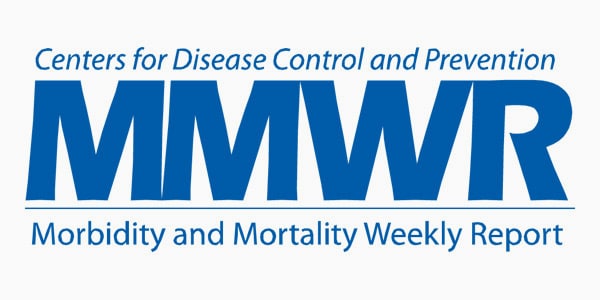April 24, 2012 — The reported clinical efficacy of serotonin reuptake inhibitors in treating restricted and repetitive behaviors in autism spectrum disorders may be the result of publication bias, according to the findings of a meta-analysis.
Principal investigator Maria Carrasco, PhD, from the University of Michigan in Ann Arbor, noted that the treatment of repetitive behavior in autism spectrum disorders remains challenging.
"The pharmacological treatment of repetitive behaviors in autism is often difficult and in great need of further research," Dr. Carrasco told Medscape Medical News. "Pharmacological treatments are simply not available to address this important core aspect in autism, but are urgently needed."
The study is published in the May issue of Pediatrics.
Unpublished Studies
The authors included randomized, double-blind, placebo-controlled trials of serotonin reuptake inhibitors in which the duration of treatment was at least 4 weeks, the trial measured the effect of treatment on repetitive behaviors, and the participants had a diagnosis of a pervasive developmental disorder. They identified 5 published studies and 1 unpublished trial.
Among 6 identified trials, which included of a total of 365 patients, a small effect of serotonin reuptake inhibitors was demonstrated for the treatment of repetitive behaviors such as obsessions and compulsions in autism (standardized mean difference = 0.22; 95% confidence interval [CI], .07 - .37; z score = 2.87; P < .005), albeit with significant heterogeneity.
In subgroup analysis, no significant effect was observed regarding the type of medication (test for subgroup difference Q value = 0.25; df = 1, P = .62). In particular, no difference was observed between 4 trials of selective serotonin reuptake inhibitors (standardized mean difference = .20; 95% CI, .02 - .37; t = 2.23; P = .03) and 2 trials of clomipramine (standardized mean difference = .29; 95% CI, −.01 to .58; t = 1.87; P = .06) regarding their effects on repetitive behaviors.
The authors identified 5 completed but unpublished studies during their meta-analysis; they suggested that these unpublished studies were evidence of publication bias.
Additionally, they found significant evidence of publication bias by using both the Egger regression test (intercept = 4.5; 95% CI, 2.3 - 6.7; t = 6.6; P = .007) and by performing a regression of the adjusted sample size vs the trial effect (β = −.005; 95% CI, −.008 to −.001; z score = −2.8; P = .004).
By using Duval and Tweedle's trim and fill method, the authors revealed that the effect of serotonin reuptake inhibitors on repetitive behaviors in autism spectrum disorders was no longer significant (standardized mean difference = .12; 95% CI, −.02 to .27).
There was also a significant effect of the methodological quality of the trials on the reported efficacy of serotonin reuptake inhibitors (β = −.22; 95% CI, −.40 to −.03; t = –2.30; P = .02), because trials with a lower methodological quality reported a higher efficacy of serotonin reuptake inhibitors against repetitive behaviors.
Dr. Carrasco indicated that additional mechanisms are needed regarding the reporting of clinical data.
"We need even greater enforcement of the registration and reporting of clinical data, whether it is positive or negative. Additionally, researchers should be provided with positive incentives to publish negative data; there are little available at this point," she said.
Incomplete Commitment
In a linked commentary, Scott C. Denne, MD, from the Indiana University School of Medicine, in Indianapolis, notes that "great progress" has been made with respect to the inclusion of children in research, adding that "thousands of children have participated in clinical investigations."
"One of the most important obligations to the children and families who have willingly enrolled in trials is to ensure that their participation can benefit all children. Only timely, complete, and readily available clinical trial results can meet this obligation."
Dr. Denne agrees that additional mechanisms are required to improve the reporting of clinical data.
"The low proportion of studies results posted to ClinicalTrials.gov most likely reflects incomplete commitment by investigators and lack of monitoring and enforcement," Dr. Denne told Medscape Medical News. "This will require a renewed and full commitment by investigators and the pharmaceutical industry, and more effective monitoring and enforcement by FDA [US Food and Drug Administration] and NIH [National Institutes of Health]."
The authors and Dr. Denne have disclosed no relevant financial relationships.
Pediatrics. 2012;129:e1301-e1310. Full article, Commentary
Medscape Medical News © 2012 WebMD, LLC
Send comments and news tips to news@medscape.net.
Cite this: Evidence of Publication Bias in Autism Studies - Medscape - Apr 24, 2012.











Comments